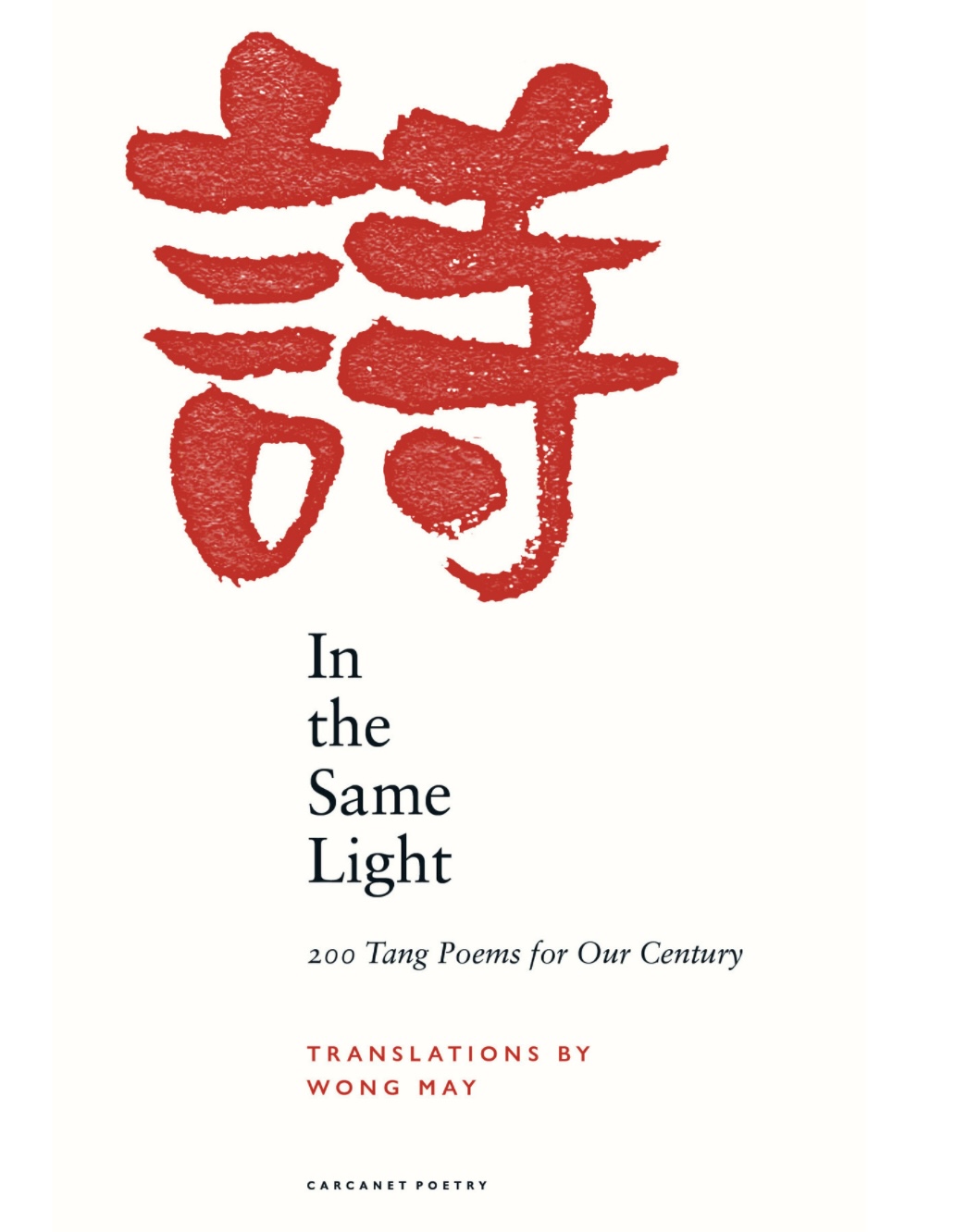What do you think?
Rate this book


360 pages, Paperback
Published January 27, 2022
Sitting Alone on Jing Ting Mountain
Flock of birds disappeared on high
A lone cloud comes idly by —
Leaving us two
Never tired of looking at each other
The mountain & I